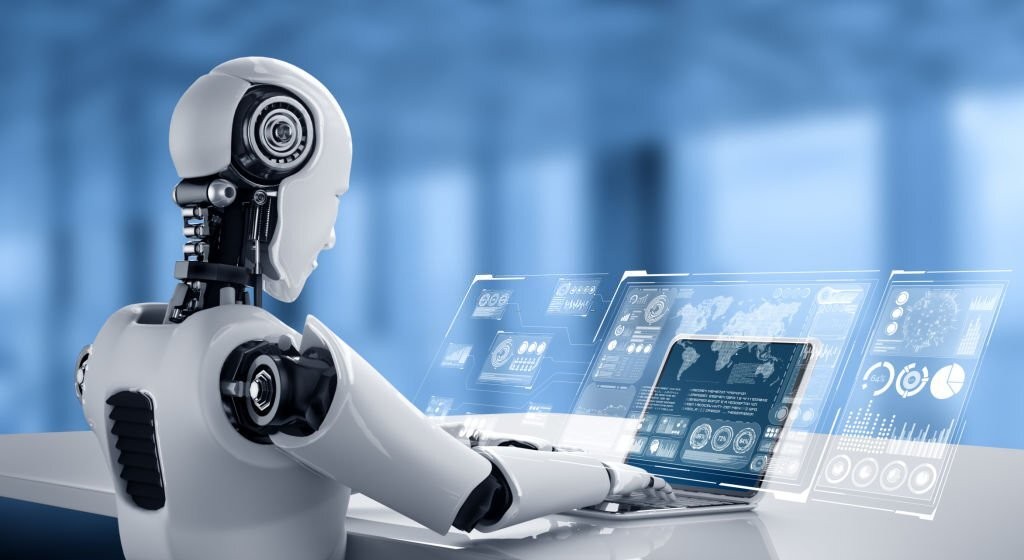
Introduction
The real estate industry has undergone significant transformation in the past decade due to technological advancements. One of the most promising innovations for real estate professionals is the use of virtual assistants (VAs). Virtual assistants are revolutionizing how real estate agents and businesses manage their operations, enhancing their productivity, customer service, and overall efficiency.
Real estate is a fast-paced, competitive industry that demands high levels of organization, communication, and customer interaction. With the increasing number of tasks and responsibilities on a real estate professional’s plate, it can often feel overwhelming to manage everything effectively. Virtual assistants—whether human-powered or artificial intelligence (AI)-driven—are offering real estate professionals an invaluable tool to help streamline their operations.
For Real Estate Operations Managers, the need for efficiency and seamless coordination across various departments is critical. Virtual assistants can address these specific challenges, allowing managers to focus on strategic growth while ensuring smooth daily operations.… Read more



